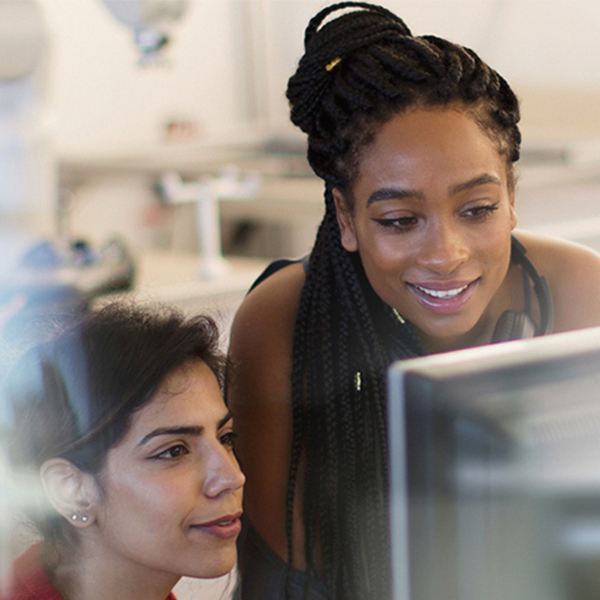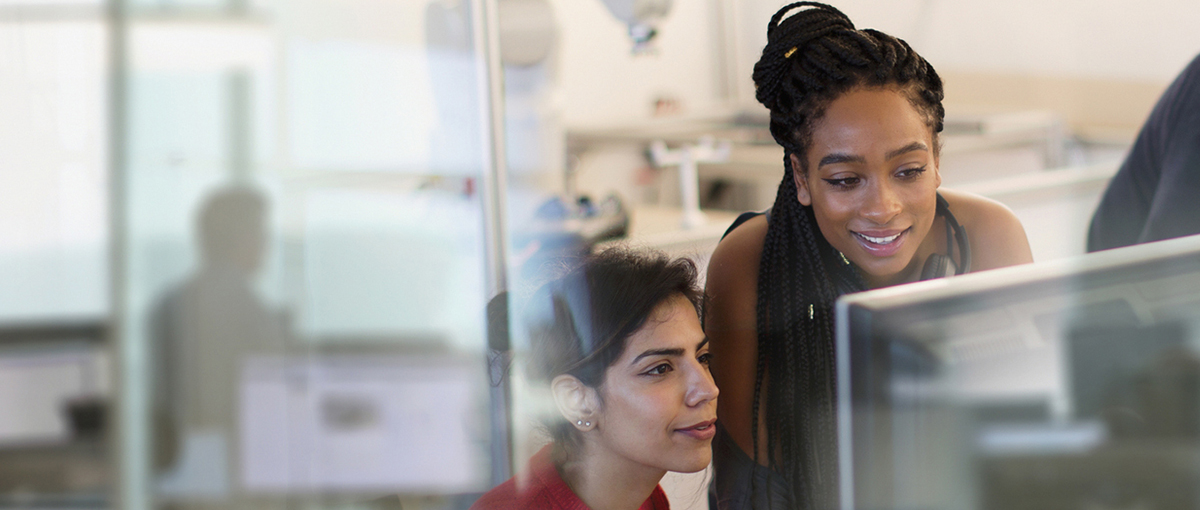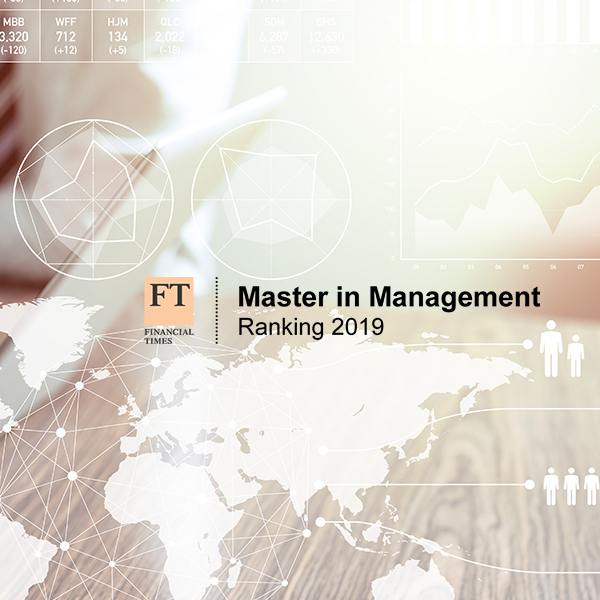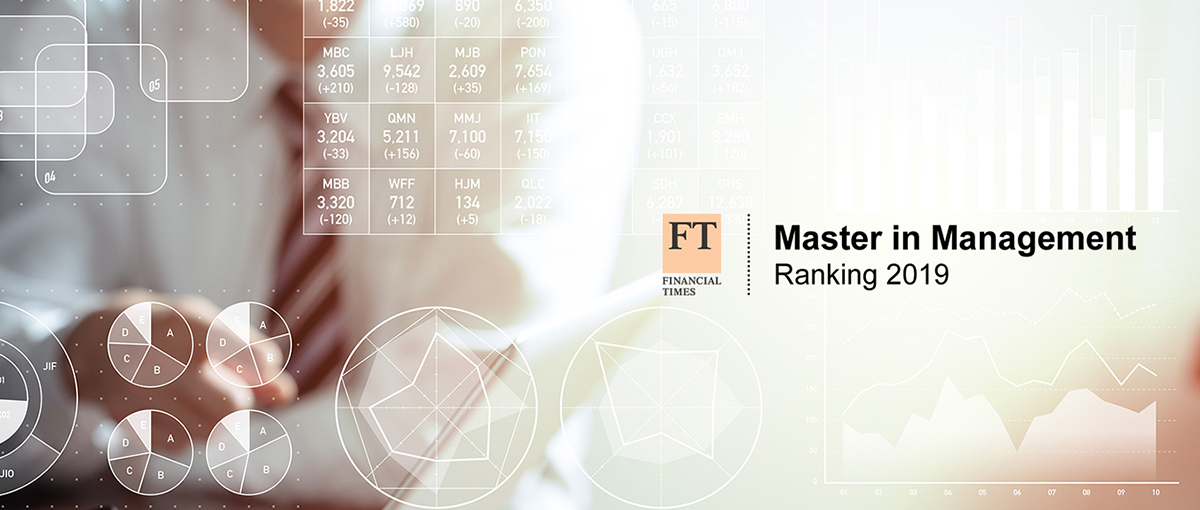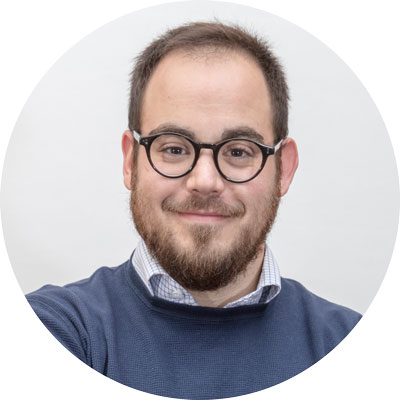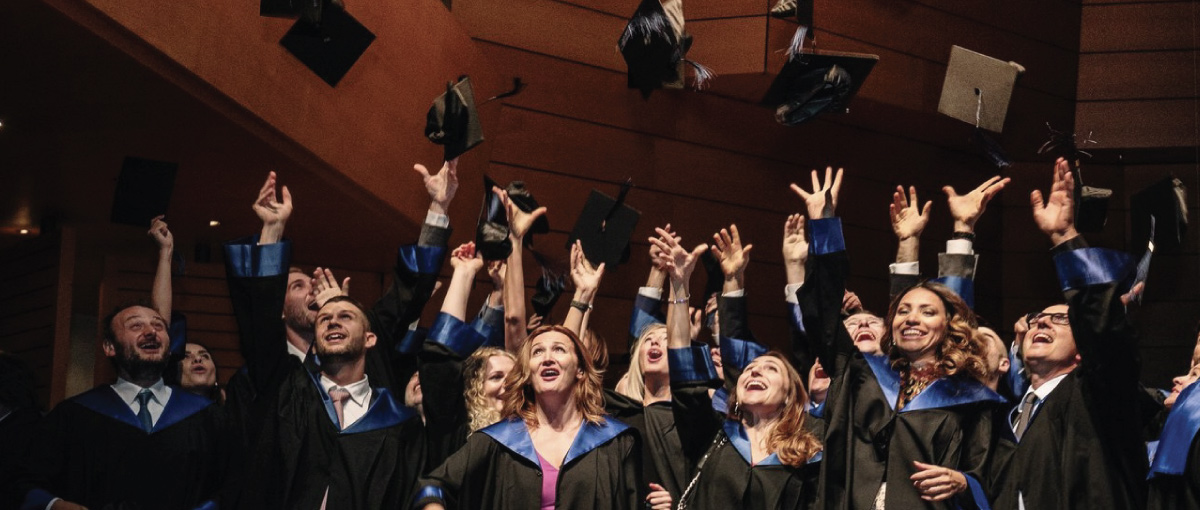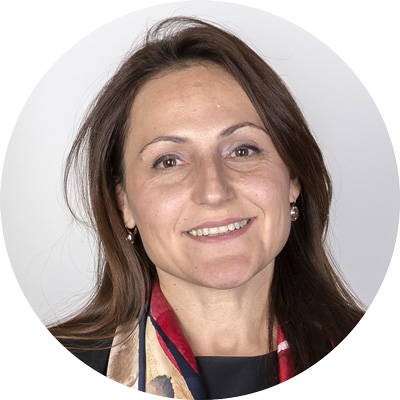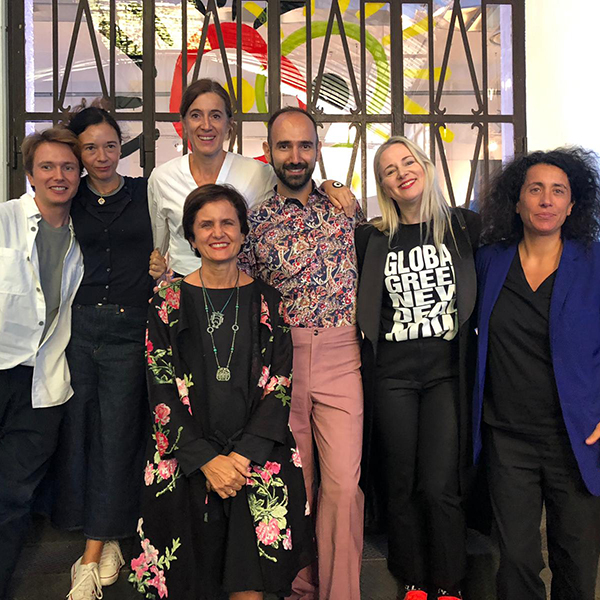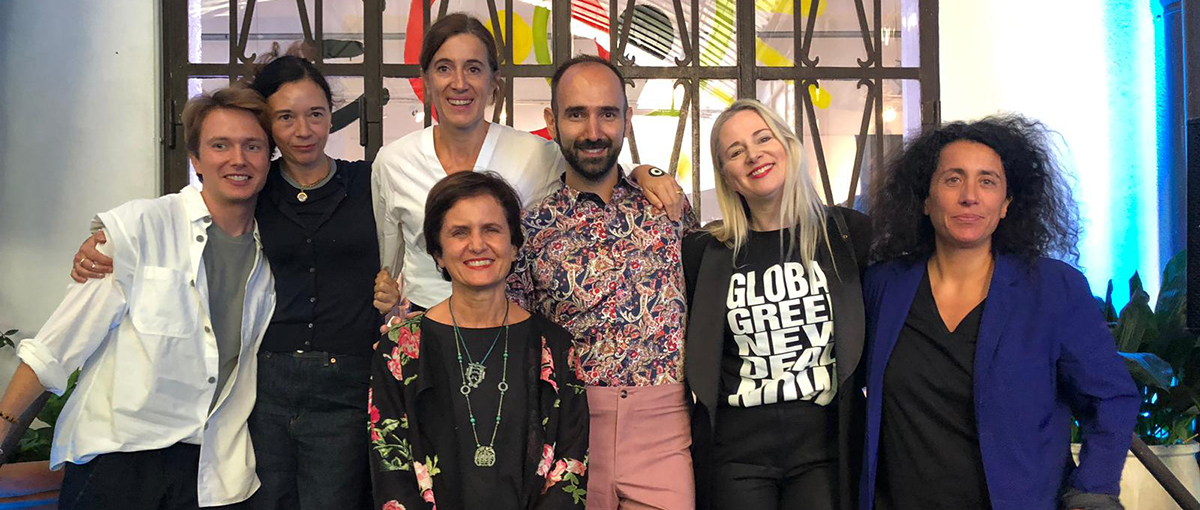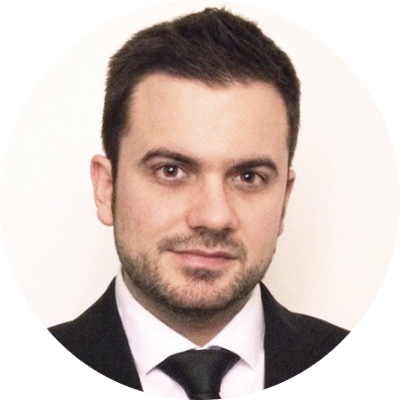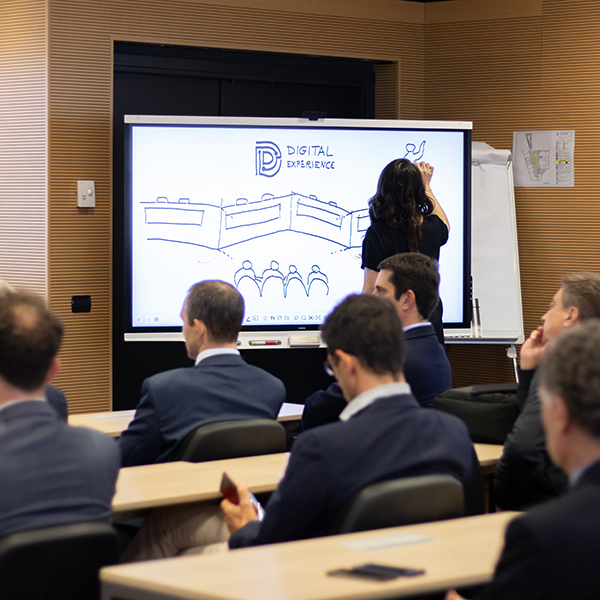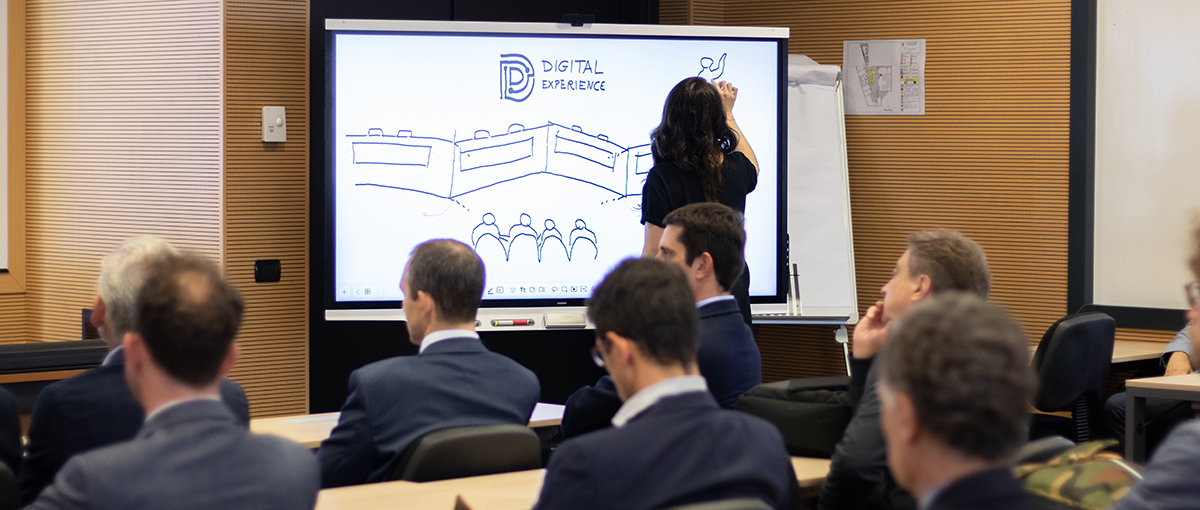In an increasingly uncertain and rapidly evolving world, it becomes more and more important for a manager to have the ability to learn and to adapt to new situations. This is why soft skills are destined to become more important than hard skills
Managers of the future can’t do without soft skills. This becomes clear when reading the Future of Jobs Report 2018, the lengthy white paper published by the World Economic Forum that takes stock of global trends in the world of work. According to forecasts, by 2022 the market will favour a workforce able to think critically, to innovate, to create, to learn. This is true for everyone, but even more important for those who prepare to fill a leadership role.
A rapidly changing context
The fine-tuning of artificial intelligence and of machine learning, along with the explosion of big data, will shift the man-machine balance. And the political and economic future of the planet will be increasingly difficult to predict. It’s easy to see why the acronym coined in 1987, VUCA, is once again in vogue with its terms that perfectly describe both today’s world and that of the future: Volatility, Uncertainty, Complexity and Ambiguity. It’s due to these factors that hard skills are no longer enough.
Watchword: reskilling
It’s not surprising, therefore, that the Future of Jobs Report talks about imperative reskilling: where hard skills are no longer enough, the watchword becomes requalification. But, to do that, it’s important to be equipped with the right tools. This is how skills such as analytical thinking, learning strategies, creativity, originality, spirit of initiative will surpass in the rankings both hard skills and soft skills that previously had dominated (the “classic” example of problem solving is a case in point): learning and knowing how to learn is by far the most important ability, especially if we think of a leader who, like it or not, will be forced to deal regularly with VUCA situations. The leaders of tomorrow, as the US magazine Forbes also notes, “must be agile and able to embrace and celebrate change (…) they won’t see change as a burden, but as an opportunity for growth and innovation”. A challenge that’s certainly complex, but unavoidable: according to the World Economic Forum, the reskilling process will involve at least 54% of managers.
Leading people, orienting yourself in the world
All this without forgetting that the qualities of leaders also involve and will continue to involve abilities that are strictly tied to their role, like strategic vision, the ability to communicate objectives to one’s team and to motivate it, to give a few examples. Also on this front, old leadership models soon will no longer work, because the composition of the workforce will change: Millennials have different expectations than their grandparents and parents, and they tend to be much less “faithful”, if they perceive a lack of stimuli and gratification. The leader of the future must also take this into account, in addition to being able to navigate in the world that surrounds them, they must understand its changes, even sudden ones, and know what possibilities are offered by new technologies. Objectives that can be aimed for only by those who have the appropriate soft skills. The World Economic Forum explains clearly that “a skills deficit (…) can significantly hinder the adoption of new technologies and, therefore, the growth of the company”.
